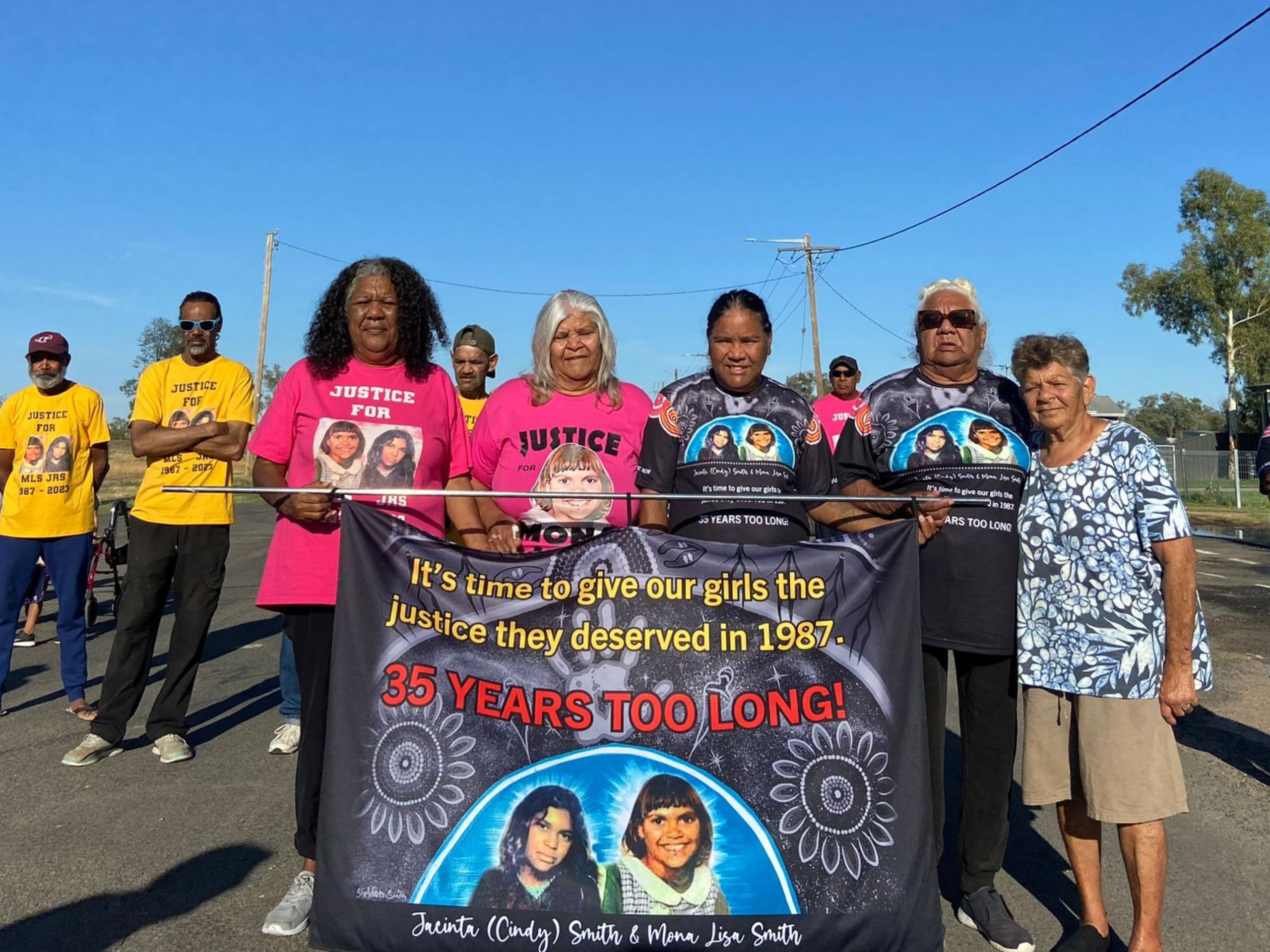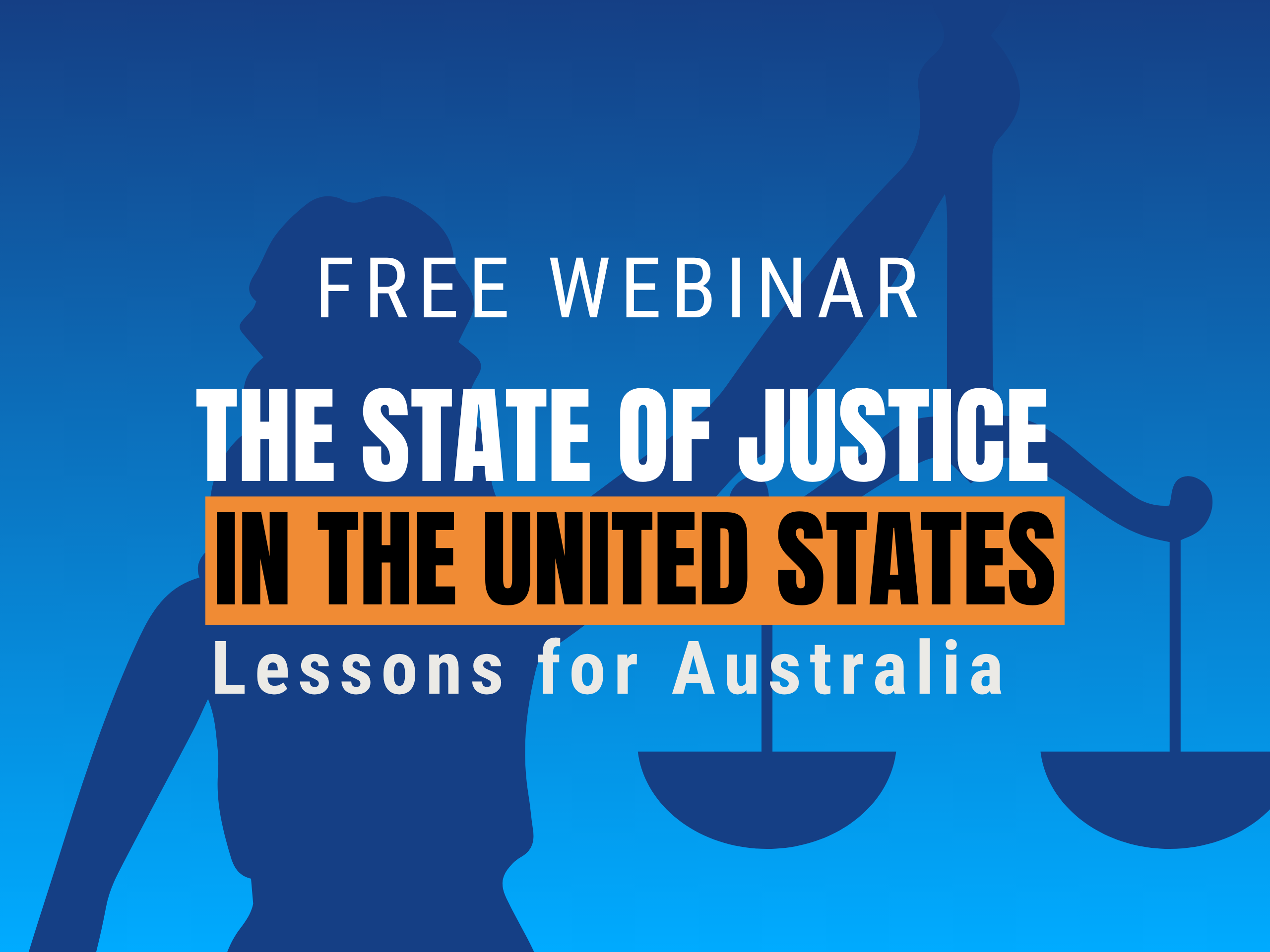The National Justice Project has joined a loud chorus of concern over the government’s rush to approve the Migration Amendment Bill and has expressed alarm in a submission to the Senate Legal and Constitutional Affairs Committee.
National Justice Project CEO Adjunct Professor George Newhouse said the human rights law firm had particular concerns about changes to the civil liability immunity of the Commonwealth and its officers over the treatment of people moved or detained offshore.
“We have represented clients, mostly women and children, who have been abused and sexually assaulted or physically and mentally harmed in offshore detention,” he said.
“Civil claims play a key a role and are the only effective tool to hold the government and its officials accountable for harm caused in the context of removing and holding people offshore. The proposed amendments will impact a broad range of people and are a breach of Human Rights Law.
“The government’s legislative changes will remove access to the courts for people who have been harmed physically and mentally by the Australian Government, its officers and many others including individuals directly or indirectly working for the government in a foreign country, including in situations where people are refused access to desperately required care or medical attention.
“After the changes are passed into law, no one will have any accountability for the harms caused to people held offshore.
“The Australian Labor Party fought against the repeal of the Medivac Law in 2018 on the grounds of ‘basic humanity’ as then Opposition Leader Bill Shorten called it, because Australia had a responsibility to provide adequate care for those under its protection.
“The government are now wilfully turning their back on those in need of their protection and on the principles that underlie basic humanity. The government and their officials are well aware that after the repeal of Medevac, making a civil claim is the only mechanism remaining for people to have their medical and other healthcare concerns addressed.
“It is ironic that the government is currently advocating for a duty of care for social media platforms to make them responsible for preventing harm to children, to protect young users and those being exploited on the platforms as soon as possible while at the same time removing the protection of civil laws that will expose children to harm in offshore detention or in foreign countries.
“Our clients deserve better. They deserve basic humanity,” Adjunct Professor Newhouse said.









